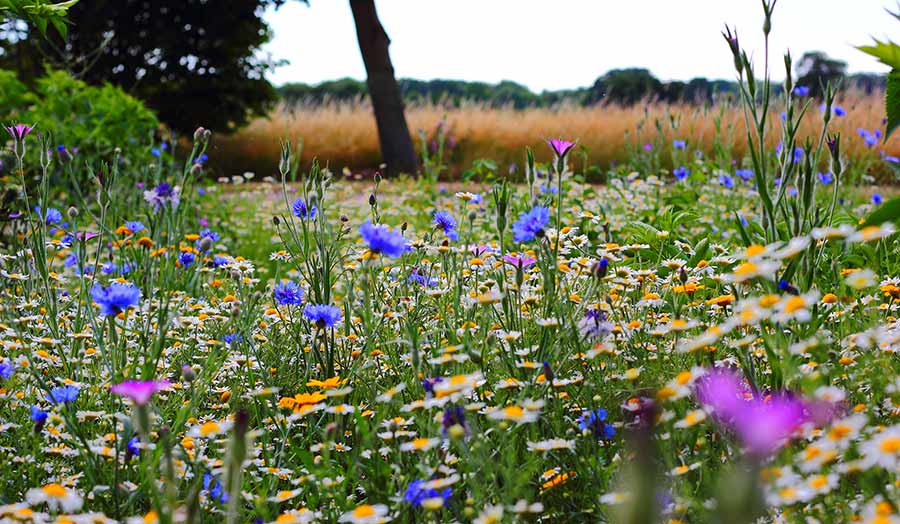Public Conversations on Ecology
We begin with public conversations about mental and public health – in the environments we find ourselves in now. Over the next two sessions we’ll address the following questions:
- How do we resensitise ourselves to our loss of flourishing and connect this to the loss of flourishing in biosystems elsewhere?
- How can we think through the problem of ecological moralism in relation to behavioural, practical and critical theories of change?
Ecology Without Moralism
Friday 21 May 2021, 10 to 11am
Alice Shires and Andrew Patrizio in conversation
Chaired by Rosemarie McGoldrick and Trevor Norris
The habitable planet is being pushed beyond the conditions of life for many species, taken there by the agglomeration effects of the way we live as the industrialised polluter elite. In April 2021 the Cambridge Sustainability Commission on Scaling Behaviour Change reported that "over the period 1990–2015, nearly half of the growth in absolute global emissions was due to the richest 10%, with the wealthiest 5% alone contributing over a third (37%)." At present, a common strategy to bring about change is to exhort the polluter elite to consume less or consume more wisely and to do so within an apocalyptic framing of the end of the world.
Apocalyptic moralism may not be a solution to an absence of ecological concern. Instead of thinking through the problem via systems of objects and adding moralism on top ("Stop flying! Stop buying! Stop eating meat!"), we might start by asking ourselves what we feel, why we feel it, how we feel it, and ask how these patterns of feeling are plugged into the object distribution systems (and the environmental agglomeration effects) we want to change. Part of the Finding Ecologies research group’s activity therefore is to explore emotional ecologies as a means of regrowth.
Alice Shires is a clinical and research psychologist and director of the University of Technology Sydney Psychology Clinic. She has established the Mindfulness-integrated Research Clinic at the University of Technology Sydney, and her research includes the efficacy of mindfulness integrated therapies particularly in chronic pain and interoception and equanimity as key components of mindfulness. Alice is a senior trainer of Mindfulness-
Andrew Patrizio is an art historian and curator specialising in art after 1945. His main research foci are: Scottish visual culture from 1945 to the present, and cross-disciplinary projects across art, ecology, politics, medicine and ethics. His most recent book is The Ecological Eye: Assembling an Ecocritical Art History (published 2018 by Manchester University Press). He is currently Programme Director of the Second Year (Undergraduate) in History of Art at Edinburgh College of Art. He often works closely with artists, ranging from collaboration to commissioning and writing.

Ecology Without Moralism
Date and time: Friday 21 May 2021, from 10am to 11am
Follow Finding Ecologies on Eventbrite for notifications of future events
Follow Finding Ecologies on Twitter: @MetEcologies
